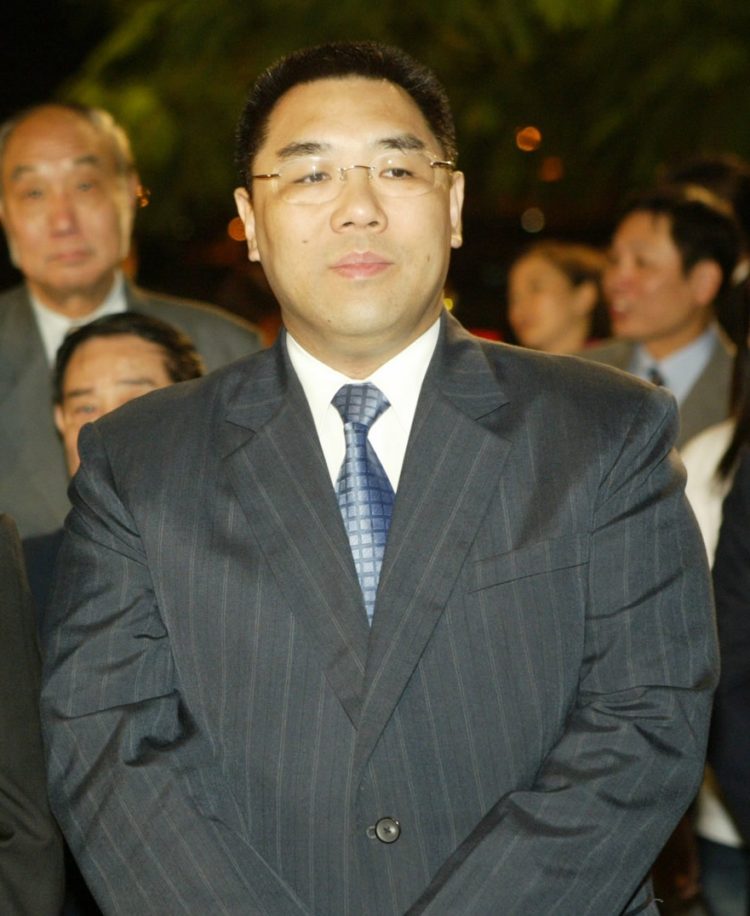More of the same may not be an option for Macau’s Chief Executive-elect
Chui Sai On has been formally selected as Macau’s Chief Executive-elect and will take up his new post in December. He will be the second person to hold the job since the territory was passed from Portuguese administration back to China in 1999.
Mr Chui, known in the foreign-language media by his Western name Fernando Chui, is a former Secretary for Social Affairs and Culture in Macau. It’s hardly Mr Chui’s fault that he was the only candidate for the top job this time round, but it does rather tarnish the democratic shine associated in the West with the word ‘election’.
Potential rival candidates for the post seemed disinclined to play electoral Ugly Sister to Mr Chui’s Cinderella merely to make the outside world feel good about itself and about Macau. Would-be opponents may have reasoned that to stand against a shoe-in (as was the incumbent Chief Executive Edmund Ho in his election for a second term in 2004) would carry all the potential for damaging their career and business prospects in what is still, after all, a clannish city, and offer none of the advantages found in the West in having a high public profile (such as book deals or priority reservations in restaurants).
Dissenting voices
Mr Chui’s election was, however, not quite the coronation that some had predicted. The 297 members of the Chief Executive Election Committee did not select him unanimously. There were 14 abstentions.
José Pereira Coutinho, a member of Macau’s Legislative Assembly who has often been critical of the outgoing Chief Executive’s administration, said he did not cast his ballot at all, describing it as “a way” to express his opinion about the election. By contrast, the incumbent Mr Ho gained 296 votes in his second-term election.
One big public project that Mr Chui was in charge of while in Edmund Ho’s cabinet was the preparation for the 4th East Asian Games held in 2005. The project involved construction of several stadia and support facilities. Spending on the infrastructure and the games ended up going 70% over the allotted budget, drawing strong criticism at the time from some law makers.
The abstentions in Mr Chui’s selection process need not be seen specifically as a vote against him. They could be more about making a gesture in favour of pluralism given that there were no alternative candidates. That, in turn, could be a sign that some Election Committee members are willing to act independently outside of the consensus government model that has developed in the decade since the Special Administrative Region was formed. Critics of the model say it essentially protects the interests of local business leaders and the casino operators, sometimes at the expense of the general population. Supporters of the system say Western-style democracy is overrated and leads to decision-making designed to court short-term popularity and win popular elections, rather than to government that takes a long view for the good of a whole society.





























